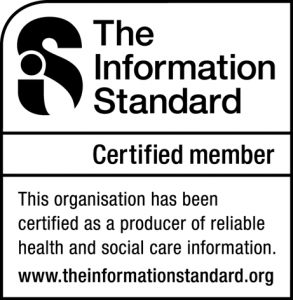Sickle Cell Patients Face Unequal Care: New Report Highlights
New Report Reveals Stark Inequalities in Sickle Cell Care
On World Sickle Cell Day 2025, a new report will be published, which compares and contrasts disparities found across rare genetic diseases.
Stark findings from the research commissioned by the NHS Race and Health Observatory and carried out by researchers at Imperial College London, highlight and explore inequalities experienced by people with sickle cell disorder in comparison with those with cystic fibrosis or haemophilia, and finds deep, systemic inequalities in funding, research, care and treatment.
The report highlights that :
- People with sickle cell receive less specialist care
- There are fewer treatment options
- Research funding is significantly lower
- And patients are more likely to report negative hospital experiences
These broad disparities, which demonstrate systemic bias and discriminatory practice around access to specialist care and research funding – were previously highlighted in the ‘No One’s Listening’ Report that we released in 2021 with the All Party Parliamentary Group on Sickle cell and Thalassaemia. The new report also identifies some areas of progress and opportunities. It calls for sustained investment in specialist care to equate with sickle cell care and level the wider gains seen across cystic fibrosis and haemophilia care.
“This landmark report makes it impossible to ignore the deep inequalities people with sickle cell face,” said John James OBE, Chief Executive of the Sickle Cell Society. “It’s time for long-overdue change.”
What the researchers found :
- Just 0.5 specialist nurses per 100 sickle cell patients — compared with 2 per 100 for cystic fibrosis
- 2.5x more research funding goes to cystic fibrosis compared to sickle cell or haemophilia
- Patients with sickle cell reported managing an average of seven painful crises a year without medical help
- Only two approved treatments exist for sickle cell in the UK — and one (Casgevy) is limited to 50 patients per year
- Hospital admissions for pain crises are higher in the UK than any other country in the study
- Many patients say they avoid going to hospital during a crisis due to poor care or lack of trust
The report sets out evidence-based recommendations to improve care and outcomes for people with sickle cell disorder.
Time for action
Dr Carl Reynolds, senior clinical adviser to the NHS Race and Health Observatory, summed it up clearly:
“These are not just oversights; they are consequences of structural racism and neglect. We now have clear, evidence-based recommendations for change. It’s time to act, not just listen.”
We at the Sickle Cell Society are proud to have contributed to this report, alongside the Cystic Fibrosis Trust and the Haemophilia Society, and will continue pushing for the recommendations to be implemented in full.
The report will be launched at an in-person event at the House of Lords, on World Sickle Cell Day. Around 50 policymakers, specialists, clinicians, patient advocates, researchers and members of parliament will be in attendance.
You can read the full report when it launches, here : https://nhsrho.org/news/sickle-cell-patients-face-unequal-care-new-report-highlights/





